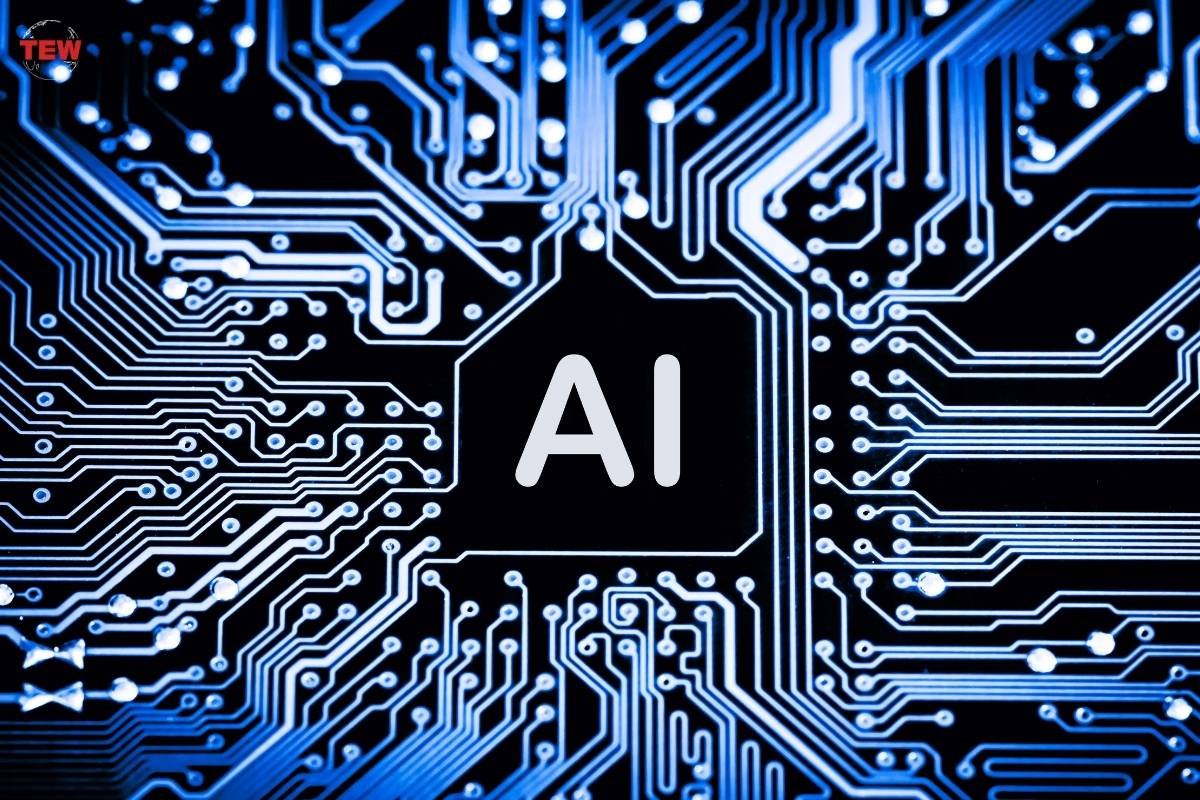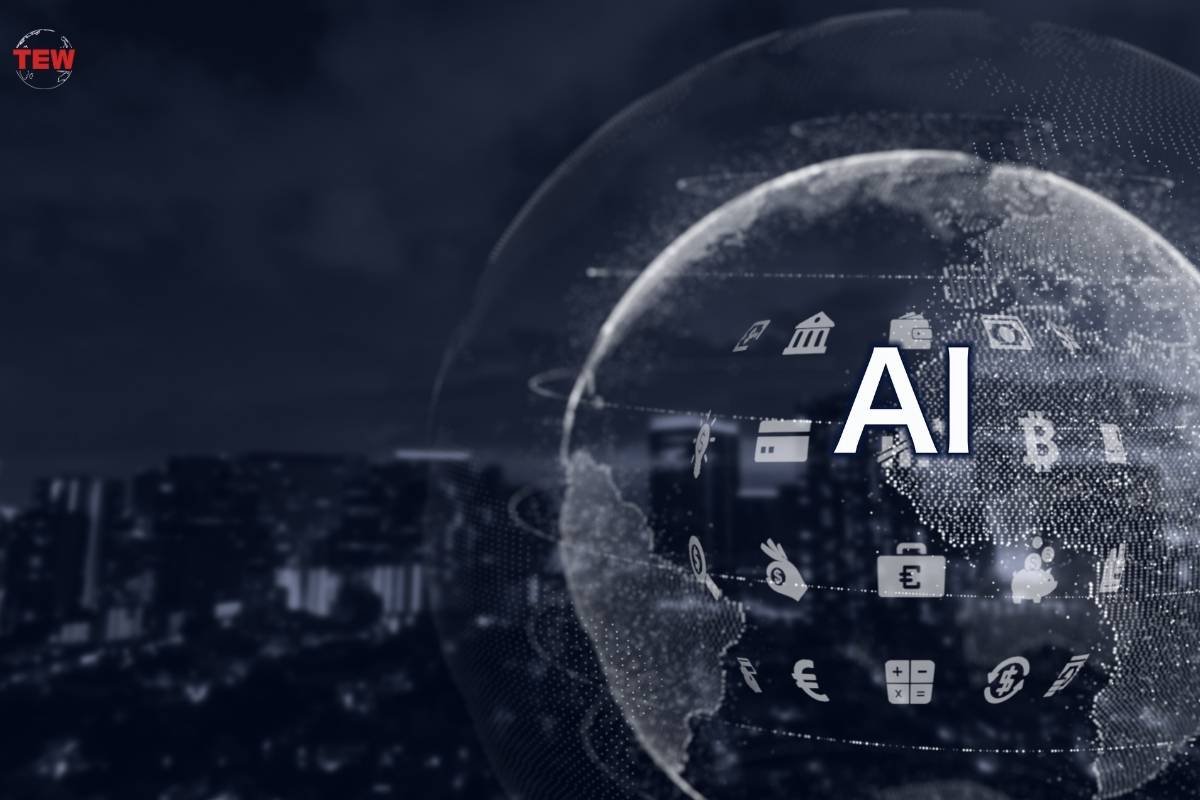Artificial Intelligence (AI) has rapidly become a transformative force in the business world, offering unprecedented opportunities for efficiency, innovation, and growth. From automating repetitive tasks to powering predictive analytics and personalized customer experiences, AI is reshaping industries and redefining competitive landscapes. However, as entrepreneurs embrace this powerful technology, they must navigate a complex web of ethical considerations to ensure responsible and trustworthy AI implementation.
Understanding Ethics of AI in Business
AI ethics is a multifaceted discipline that examines the moral and social implications of developing and deploying AI systems. It addresses questions of fairness, transparency, privacy, accountability, and potential unintended consequences. As AI systems become more sophisticated and ubiquitous, their impact on individuals, communities, and society grows ever more significant.
Fairness and Non-Discrimination

One of the core ethical principles of AI in business is fairness and non-discrimination. AI algorithms can inadvertently perpetuate or amplify existing societal biases, leading to discriminatory hiring, lending, or marketing outcomes. Entrepreneurs must ensure that their AI systems are trained on diverse and representative data sets and that rigorous testing and auditing processes are in place to identify and mitigate potential biases.
Maintaining Authenticity and Transparency in the Age of AI
Customers crave genuine content that reflects your brand’s values and expertise. While AI-generated text offers efficiency, it can lack the human touch and creativity that builds trust.
Here’s where AI writing detectors come in. By incorporating them into your workflow, you can ensure AI-assisted writing is properly attributed, preventing misrepresentation of human involvement. This transparency safeguards your brand’s authenticity and fosters audience trust.
The challenge extends beyond content. AI systems themselves can be opaque, hindering transparency and accountability. As an entrepreneur, you should prioritize developing AI that’s as transparent and explainable as possible. This allows stakeholders to understand decision-making processes and the factors influencing AI outputs. By prioritizing both human-centric content creation and clear AI explainability, you can ensure your brand maintains authenticity and builds trust in the age of AI.
Privacy and Data Protection
AI systems rely heavily on vast amounts of data, including potentially sensitive personal information. Entrepreneurs must ensure that they comply with all relevant data privacy regulations and implement robust data protection measures. This includes obtaining appropriate consent, anonymizing or de-identifying personal data where possible, and implementing strict access controls and security protocols.
Human Oversight and Control

While AI systems can automate many tasks and decision-making processes, it is crucial to maintain meaningful human oversight and control. Entrepreneurs should make use of things like this AI policy template in order to establish clear guidelines and protocols for human oversight, ensuring that human experts review and validate critical decisions with significant impacts. Additionally, AI systems should be designed with failsafe and the ability to perform human intervention when necessary.
Ethical AI Governance
Entrepreneurs must develop and implement a comprehensive Ethics of AI in Business governance framework. This framework should outline the organization’s values, principles, and processes for ensuring responsible and trustworthy AI development and deployment. It should also establish clear lines of accountability and mechanisms for addressing ethical concerns or violations. Entrepreneurs must also stay informed about the evolving landscape of AI regulations and compliance, ensuring their AI systems align with ethical standards while meeting legal requirements. Implementing comprehensive AI governance frameworks helps businesses manage risks effectively through clear accountability and transparent operations.
Stakeholder Engagement and Collaboration
Ethics of AI in Business implementation is not a solo endeavor. Entrepreneurs should actively engage with diverse stakeholders, including employees, customers, regulators, and civil society organizations, to understand their concerns and perspectives. Collaborating with these groups can help identify potential ethical pitfalls, build trust, and ensure that AI systems are aligned with societal values and expectations.
Continuous Learning and Adaptation

Ethics of AI in Business is a rapidly evolving field, and entrepreneurs must remain vigilant and adaptable. As new technologies, use cases and ethical challenges emerge, businesses must be prepared to continuously review and update their ethical AI practices. This may involve investing in ongoing education and training, participating in industry initiatives, and fostering a culture of ethical awareness and accountability.
FAQ
Q: Why is ethical AI implementation important for businesses?
A: Implementing ethical AI is crucial for building trust with customers, employees, and society at large. It also helps mitigate risks, ensure regulation compliance, and foster long-term success and sustainable growth.
Q: How can businesses ensure fairness and non-discrimination in their AI systems?
A: Businesses should train their AI systems on diverse and representative data sets, implement rigorous testing and auditing processes to identify and mitigate biases, and establish clear guidelines and governance frameworks for ethical AI development and deployment.
Q: What role do transparency and explainability play in ethical AI?
A: Transparency and explainability are essential for maintaining accountability and building trust in AI systems. Businesses should strive to develop AI systems that are as transparent and explainable as possible, allowing stakeholders to understand how decisions are made and the factors that influence those decisions.
Q: How can businesses protect privacy and ensure data protection in the context of AI?
A: Businesses must comply with all relevant data privacy regulations, obtain appropriate consent, anonymize or de-identify personal data where possible, and implement strict access controls and security protocols to protect sensitive information.
Q: Why is human oversight and control necessary in ethical AI implementation?
A: While AI systems can automate many tasks and decision-making processes, it is crucial to maintain meaningful human oversight and control. Human experts should review and validate critical decisions with significant impacts, and AI systems should be designed with failsafe and the ability for human intervention when necessary.
Conclusion
As entrepreneurs embrace AI’s transformative power, they must do so with a deep commitment to ethical principles and practices. By prioritizing fairness, transparency, privacy, human oversight, and stakeholder collaboration, businesses can harness AI’s full potential while mitigating risks and building trust with customers, employees, and society at large. Ethics of AI in Business implementation is a moral imperative and a strategic necessity for long-term success and sustainable growth.






